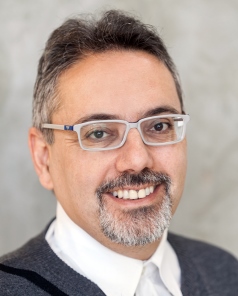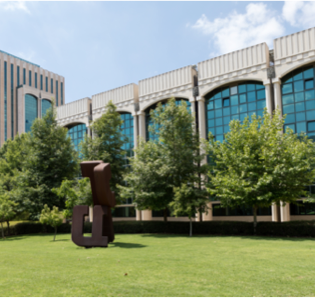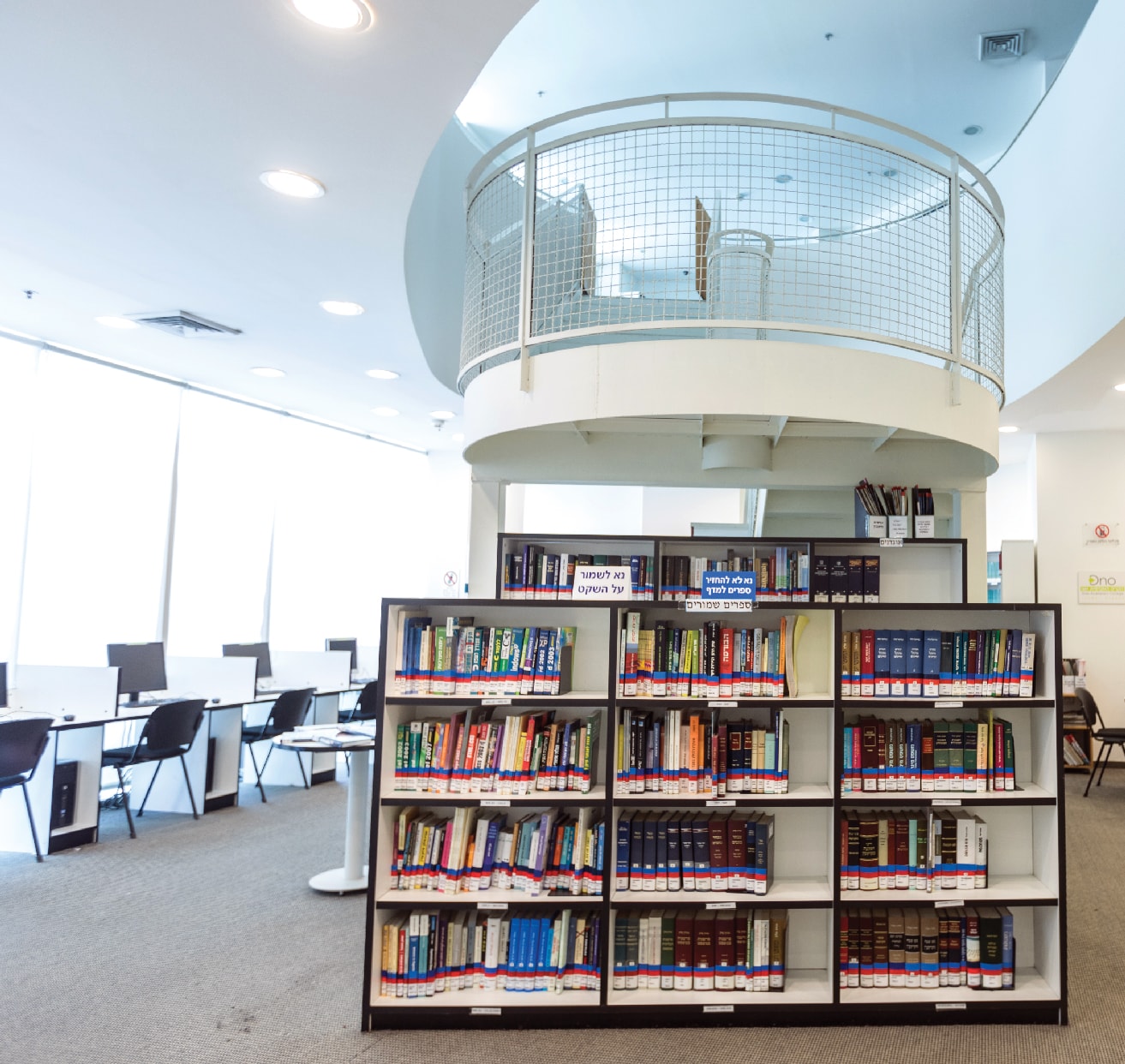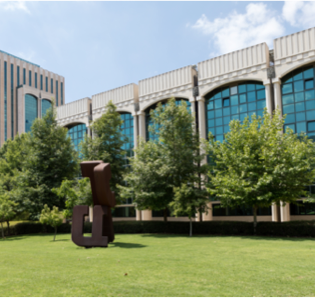 Prof. Yuval Elbashan, Dean of the Law School at Ono Academic College has conducted significant research into the way that the Corona era has affected the studies of ultra-Orthodox students. He summarized his findings in an article in Israel’s leading business journal, The Marker.
Prof. Yuval Elbashan, Dean of the Law School at Ono Academic College has conducted significant research into the way that the Corona era has affected the studies of ultra-Orthodox students. He summarized his findings in an article in Israel’s leading business journal, The Marker.
Elbashan notes that while many studies have looked at how students are adapting to online learning, almost none of them investigated ultra-Orthodox students. He believes this is not a coincidence and that to many in academia, ultra-Orthodox students are an invisible presence.
To fill this lacuna, Elbashan conducted interviews and in-depth conversations with about 160 ultra-Orthodox students (who faithfully represent the approximately 2,600 students who studied on Ono Academic College’s campuses during the past semester). As part of the study, he sought to map the main problems that troubled ultra-Orthodox students in online learning, as well as the benefits found in this method.
The main finding was that online learning was good for female ultra-Orthodox students and bad for male ultra-Orthodox students. This is the reason why close to 70% of the male students asked not to continue with online learning, while close to half of the female students were happy that online learning might continue next semester as well.
Elbashan expressed surprise when learning the main reason for this disparity, despite the fact that he has been working on ultra-Orthodox campuses for many years. He found that 86% of ultra-Orthodox students (both male and female) stated that their biggest problem with online learning during the Corona period was that their children were exposed to their fathers’ secular studies, something that they had hoped to hide from their children. Most of the interviewees explained that for them, the ideal of their children’s education is Torah study, and once another possibility of educating men is revealed, it is difficult for them. Elbashan stresses that only a minority of the interviewed have indicated that the difficulty stems from a fear of potential harm to their children if the “secret” is revealed. Most of those interviewed indicated that this was a problem of their own faith. Elbashan said the finding was important, because it reveals that academic study is not yet accepted as a desirable ideal in the ultra-Orthodox community, even if it is already beginning to get a foothold, in practice.
Elbashan believes his findings and, more generally, the fact that almost no one else is studying ultra-Orthodox Corona-era learning issues, should serve as a wake-up call for Israeli society. He says that if we want to make academic study accessible to the ultra-Orthodox population we must adapt to their unique characteristics. He calls out academics who claim to understand the importance of making academia accessible to the ultra-Orthodox sector, while not really being willing to make the necessary adjustments. Speaking in the voice of Israeli academia, Elbashan writes, “We want the ultra-Orthodox to study ‘with us’, but only on the condition that they behave ‘like us’, since the academy is our home and they are only guests in it.”
The full article can be found https://www.themarker.com/opinion/1.9021829

 Prof. Yuval Elbashan, Dean of the Law School at Ono Academic College has conducted significant research into the way that the Corona era has affected the studies of ultra-Orthodox students. He summarized his findings in an article in Israel’s leading business journal, The Marker.
Prof. Yuval Elbashan, Dean of the Law School at Ono Academic College has conducted significant research into the way that the Corona era has affected the studies of ultra-Orthodox students. He summarized his findings in an article in Israel’s leading business journal, The Marker.




